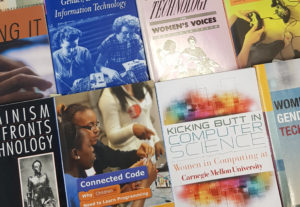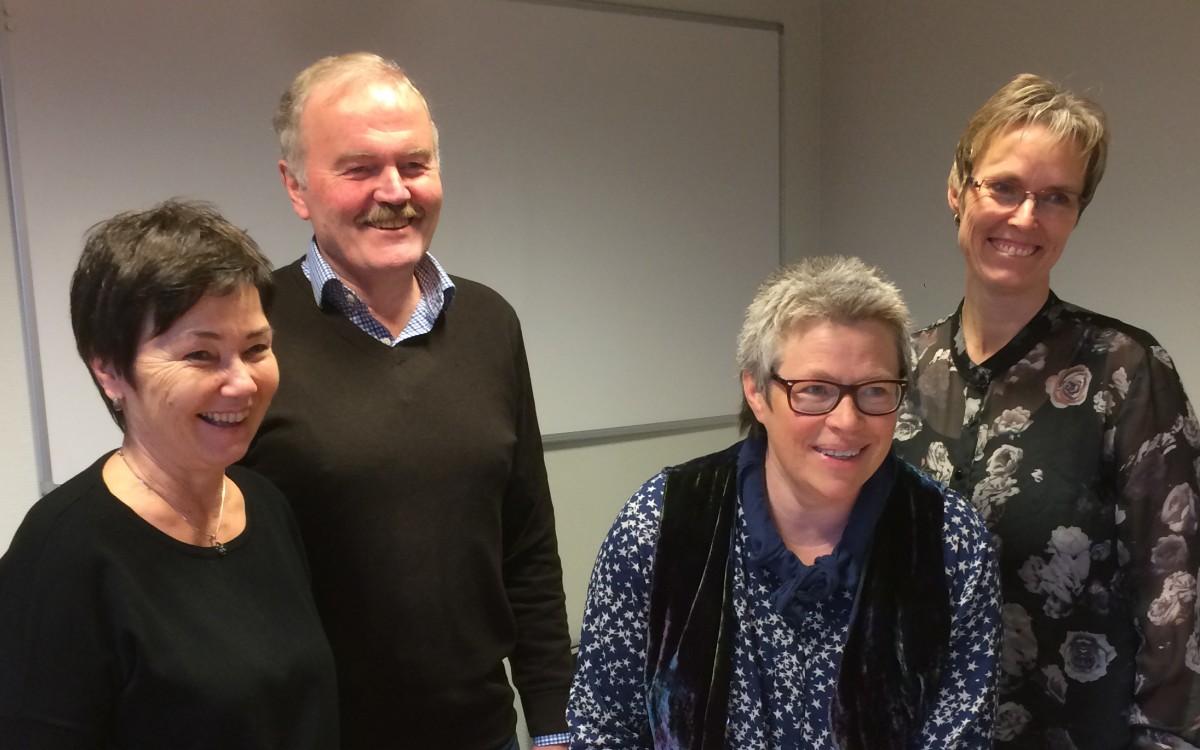 Digitalization and new digital technology – it is not about the future, but about here and now. Almost daily we can hear in the news about how digitalization changes working life, requiring new competences of employees and new strategies for industry. ICT is not neutral, but in many cases rather operates as a new instance responsible for social, cultural, juridical or economical choices. In our new chapter, we point at the importance of questioning how digitalization is made and who are involved (read the chapter or have a look at the presentation).
Digitalization and new digital technology – it is not about the future, but about here and now. Almost daily we can hear in the news about how digitalization changes working life, requiring new competences of employees and new strategies for industry. ICT is not neutral, but in many cases rather operates as a new instance responsible for social, cultural, juridical or economical choices. In our new chapter, we point at the importance of questioning how digitalization is made and who are involved (read the chapter or have a look at the presentation).
The report Digital12 was recently published – written on behalf of the Norwegian Ministry of Trade, Industry and Fisheries to explore how Norway can deal with the increasing digitalization, referred to as an “industrial revolution” that affects not only trade and industry, but also society.
The report, which explains how digital innovation will lead Norway into a prosperous digitized future, is absolutely void for reflections around the question of who it is that is involved in digitalization. Words like inclusion, diversity, gender, men/women, girls/boys do not exist in this document. As if we did not know that only about one in four are women in IT education and IT industry in Norway, and that we are below the EU average if we expand the picture to look at sciences and engineering (She Figures, see Figure 6.2); and due to slow improvement, in periods even negative change, of women’s participation, researchers have suggested that it will take several decades before we are even close to gender parity in this field in Norway (Vabø et al. 2012).
Change is dependent on politics. We have already argued that the low number of girls in programming classes in Norway is not a paradox, but a result of a policy that is gender blind! Change is also dependent on the ability to imagine that women have a place in the world of IT and digitalisation.
We certainly need stories about women in computing, a task that Sue Black has taken seriously. She is also indeed visible herself, so enjoy this video where she tells you How to find the superhero within you!


 We were surprised with a very nice price last week: the author price for
We were surprised with a very nice price last week: the author price for 

 Fancy a conference a warm place?
Fancy a conference a warm place?

